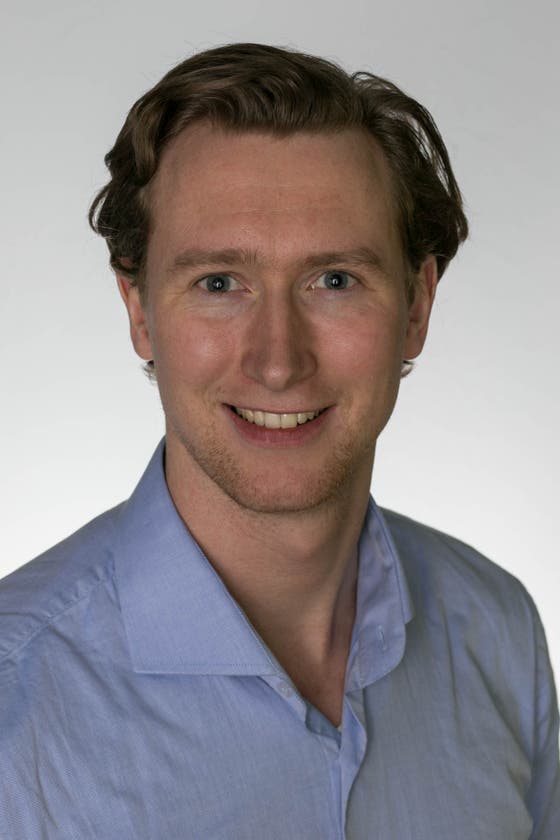Jun 18: Differentiating between orbital inflammation and lymphoma

A clinical model composed of five variables was able to distinguish between lymphoma and orbital inflammation in patients presenting with an orbital mass lesion. In addition, using a systems medicine approach, molecular characterization of the immune system was found to have potential to complement conventional diagnostics and may result in the development of powerful diagnostic tools that are less invasive. These were the main findings by Kamil Laban in his PhD research, performed at UMC Utrecht.
In the eye-socket and around the eye, several diseased can occur. Two important diseases, non-Hodgkin orbital lymphoma (NHOL) and idiopathic orbital inflammation (IOI) can be difficult to diagnose, as they have many similarities. In this research project, it was aimed to improve several aspects of the diagnostic process and elucidate underlying mechanisms of the diseases which can have great impact on patient care. Using medical data, imaging, blood and diseased-tissue, similarities and differences between NHOL and IOI were investigated.
Differentiating
For new cases of NHOL and IOI, Kamil Laban (Center for Translational Immunology and department of Ophthalmology at UMC Utrecht) identified in a retrospective cohort study in 158 patients five factors that can be used to aid in early differentiation. Laban reported that, independent of the location in the orbit, a combination of the five parameters (age ≥60 years, (peri-)orbital pain, eyelid swelling, ptosis and proptosis) at presentation can highly accurate distinguish NHOL from IOI: compared to IOI, NHOL was characterized by age ≥60 years and proptosis, without pain, eyelid swelling or ptosis. This finding was confirmed in an independent group of 220 control patients. Prospective studies are now needed to confirm these results.
Systems medicine
In addition, a newly developed scanning method (89Zr-rituximab PET/CT) was found to have potential in aiding the diagnostic process of IOI and may predict an effective treatment. In blood, eight particles (so called microRNAs) were increased in both diseases compared to healthy controls, and specific cells (dendritic cells) were found to have a previous underappreciated role in disease formation. Finally, using a systems medicine approach, complex molecular characterization of the immune system (using microRNA profiling of serum, flow cytometry of circulating immune cells, antibody-based PET/CT and/or mass spectrometry imaging) was found to have potential to complement conventional diagnostics and may result in the development of powerful diagnostic tools that are less invasive.
Tertiary referral center
UMC Utrecht is a tertiary referral center for orbital diseases and is specialized in orbital mass lesions both in clinics and research. In a collaboration with the Center of Translational Immunology and many others, the department of Ophthalmology has the means to perform immune-related research that can address opportunities in the diagnosis of orbital disease.
PhD defense
Kamil Laban (1989, Utrecht) obtained his PhD degree on June 18, 2020 at Utrecht University. His dissertation was titled “Clinical and molecular aspects of orbital inflammation and lymphoma”. Supervisors were prof. Timothy Radstake (Center for Translational Immunology) and prof. Joke de Boer (department of Ophthalmology, UMC Utrecht). Co-supervisors were dr. Rachel Kalmann (department of Ophthalmology, UMC Utrecht)and dr. Jonas Kuiper (Center for Translational Immunology, UMC Utrecht). Kamil Laban started in December 2019 his residency in ophthalmology at UMC Utrecht.
